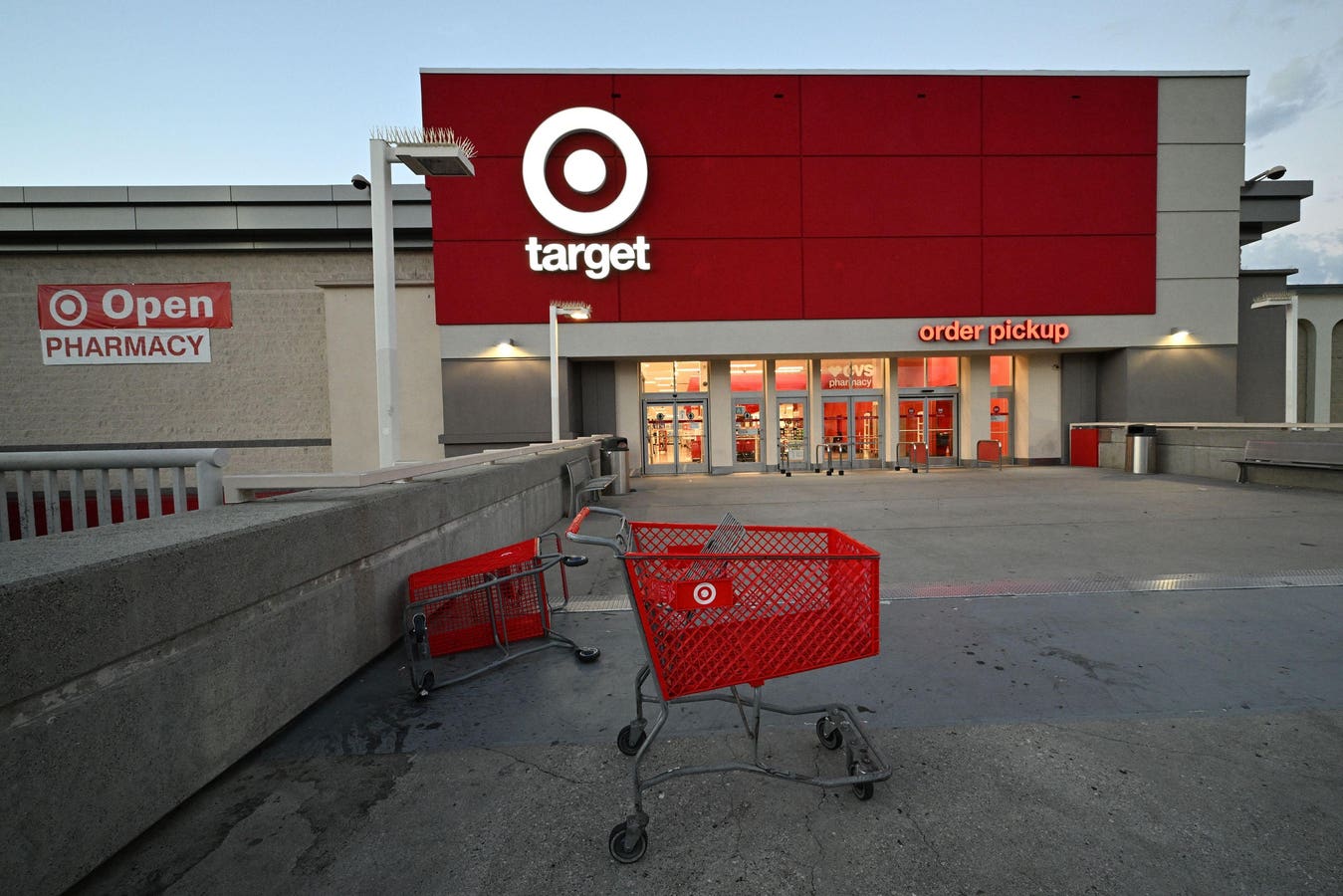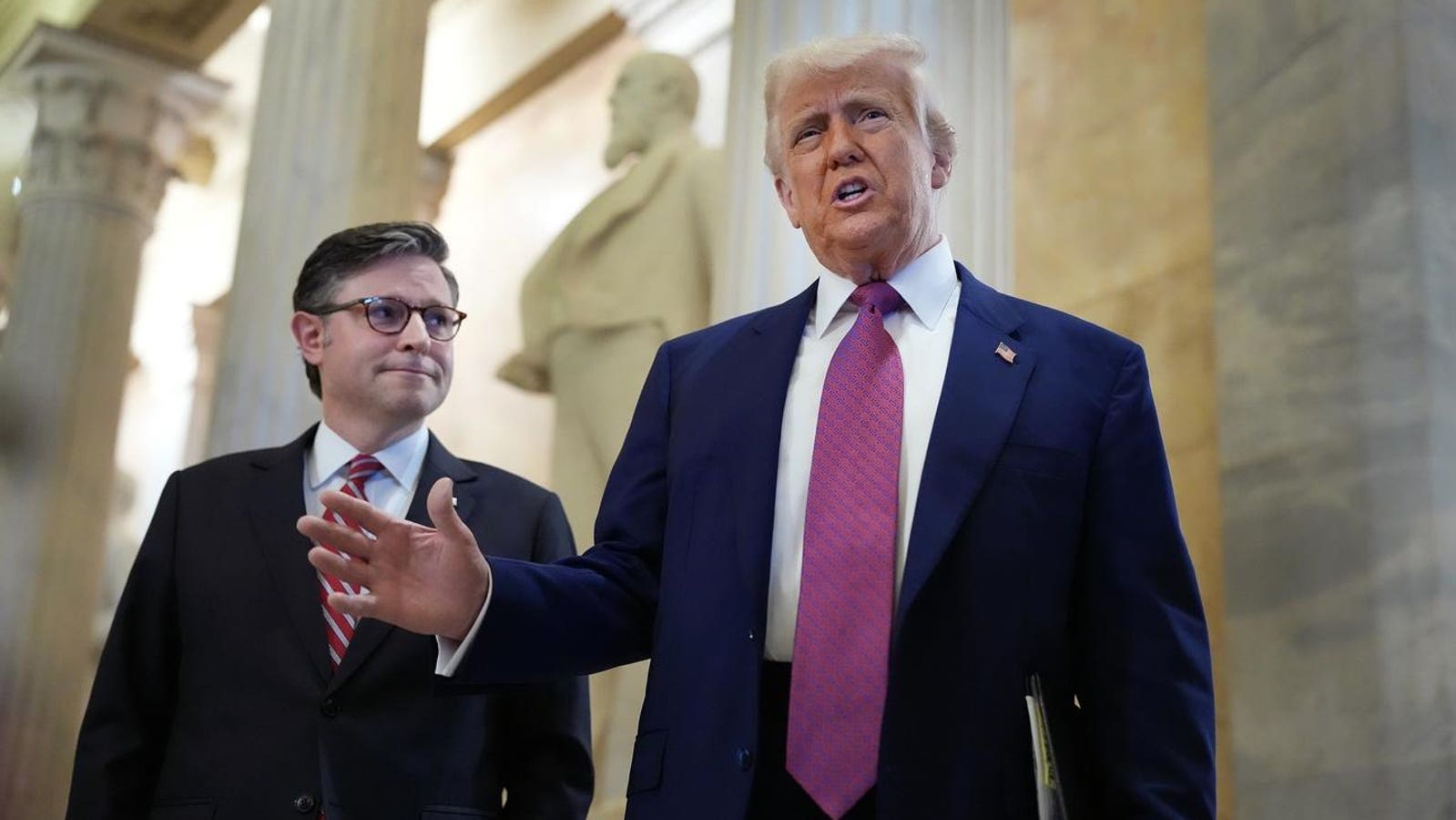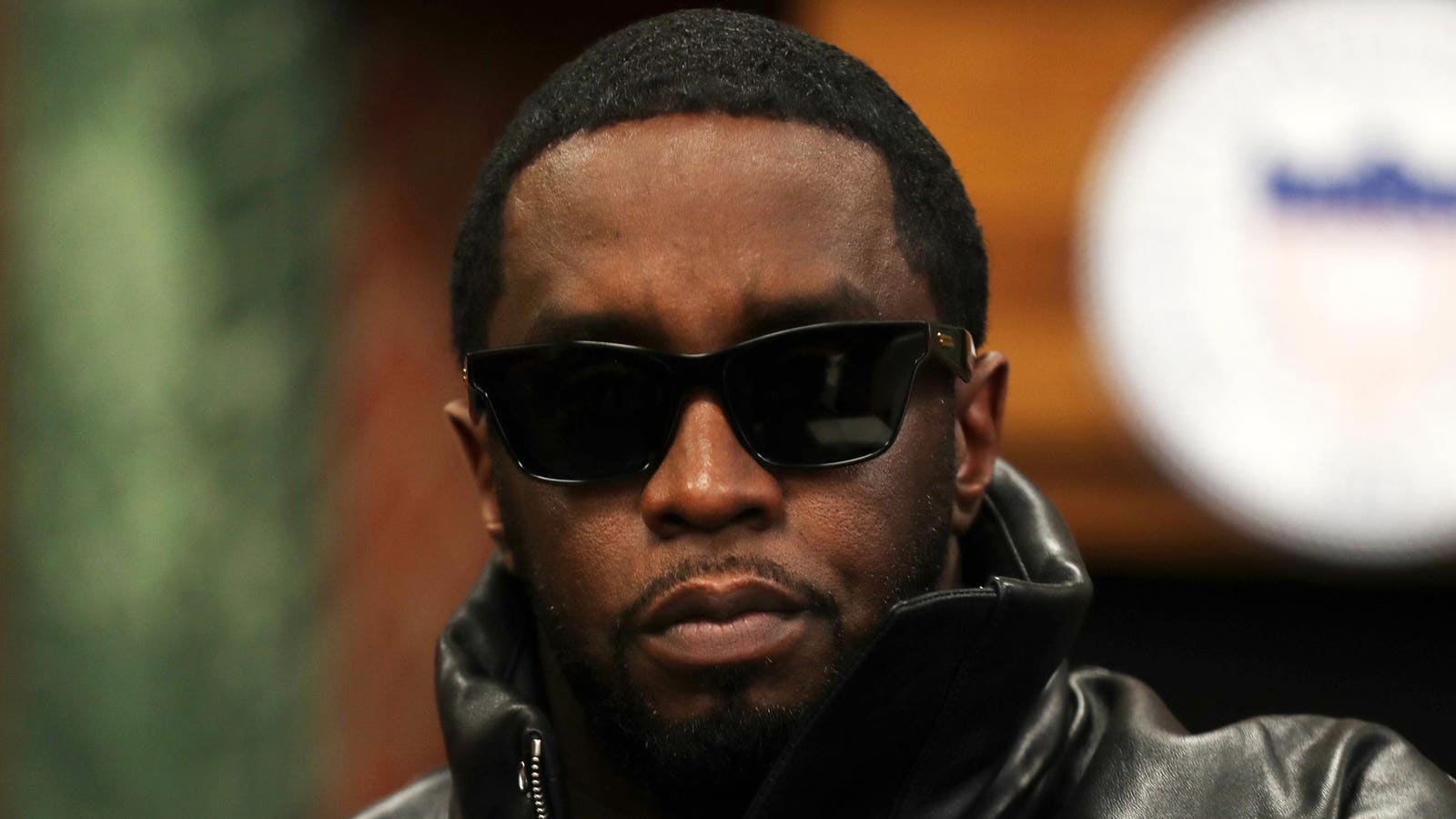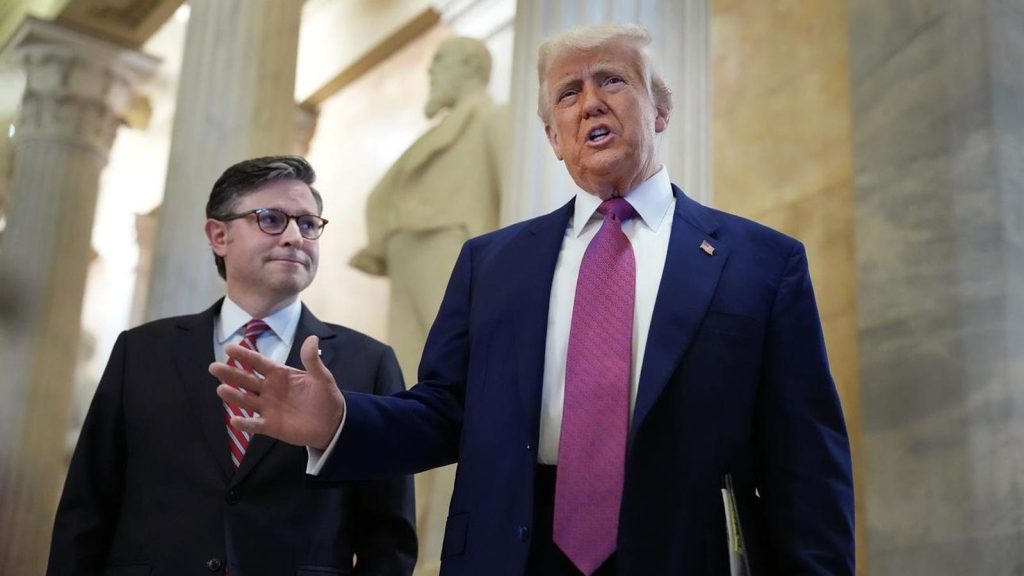Topline
Target on Wednesday reported first-quarter sales and revenue that fell well below expectations, as executives warned the retailer’s sales will likely decline in 2025, citing boycotts after the company scaled back diversity, equity and inclusion efforts and as consumers—facing uncertainty with tariffs—retreat on spending.
The retailer announced earlier this year it would phase out long-term diversity, equity and … More inclusion goals after a conservative-led backlash.
Key Facts
Target’s sales fell just over 2.8% year-over-year to $23.85 billion through its first quarter in fiscal year 2025, the company said Wednesday, below the $24.23 billion projected by analysts, according to FactSet.
The retailer lowered its full-year sales and earnings projections for the year, as Target now expects a low-single-digit decline for sales and adjusted earnings per share between $7 and $9, after previously expecting a 1% increase and a range between $8.80 and $9.80, respectively.
Target CEO Brian Cornell and CCO Rick Gomez told reporters a decline in first-quarter sales was likely caused by backlash to the company’s phasing out of long-term diversity, equity and inclusion goals in January, as well as less spending from consumers as they face uncertainty with tariffs.
Shares of Target fell nearly 7% to just over $91 as markets opened on Wednesday, and the stock is down 33% on the year.
Will Target Raise Prices Because Of Tariffs?
Cornell reportedly said Target would only raise its prices amid tariffs as a “very last resort.” Even as other retailers, like Walmart, have warned of hiked prices, Target still has “many levers to use in mitigating the impact of tariffs,” Cornell said.
Have Other Companies Warned Of Tariff Impacts?
Several companies have warned tariffs would likely have an impact on business in 2025. Earlier this month, Apple CEO Tim Cook said the company expects President Donald Trump’s tariffs will cause a $900 million hit to Apple’s bottom line. Several airlines like JetBlue, Alaska Airlines, Southwest Airlines, United Airlines and Delta have cut earnings projections or lowered financial forecasts, while other firms like Ford, Stellantis, Ferrari, Skechers, PepsiCo and UPS have also pulled revenue outlooks or flagged financial impacts from tariffs.
Key Background
Target’s diversity, equity and inclusion efforts ramped up after the 2020 police killing of George Floyd, and the retailer had long been a supporter of Pride Month. Conservatives protested against Target’s support of Pride in 2023, largely backed by misinformation as some accused Target of selling a “tuck-friendly” swimsuit for children, though the product was sold in adult sizes only. Target removed some items from its Pride line in May 2023, citing threats and violent confrontations against some of its employees. This decision was protested by LGBTQ advocates, and Democratic Gov. Gavin Newsom accused Target of “selling out the LGBTQ+ community to extremists.” In January, Target announced it would roll back a three-year-long program for diversity, equity and inclusion efforts, which had been implemented to increase hiring and promotions of employees of color and women. In a memo shared with Forbes, Target said the move was based on “many years of data, insights, listening and learning” that informed Target’s policy changes, including an effort to stay “in step with the evolving external landscape.”
Further Reading
ForbesTarget Says Sales Will Decline Amid Tariffs—Joining These Companies Warning Of Tariff ImpactsBy Ty RoushForbesTarget Drops Diversity Initiatives—After It Previously Caved To Pressure From Pride Month CollectionBy Conor Murray












